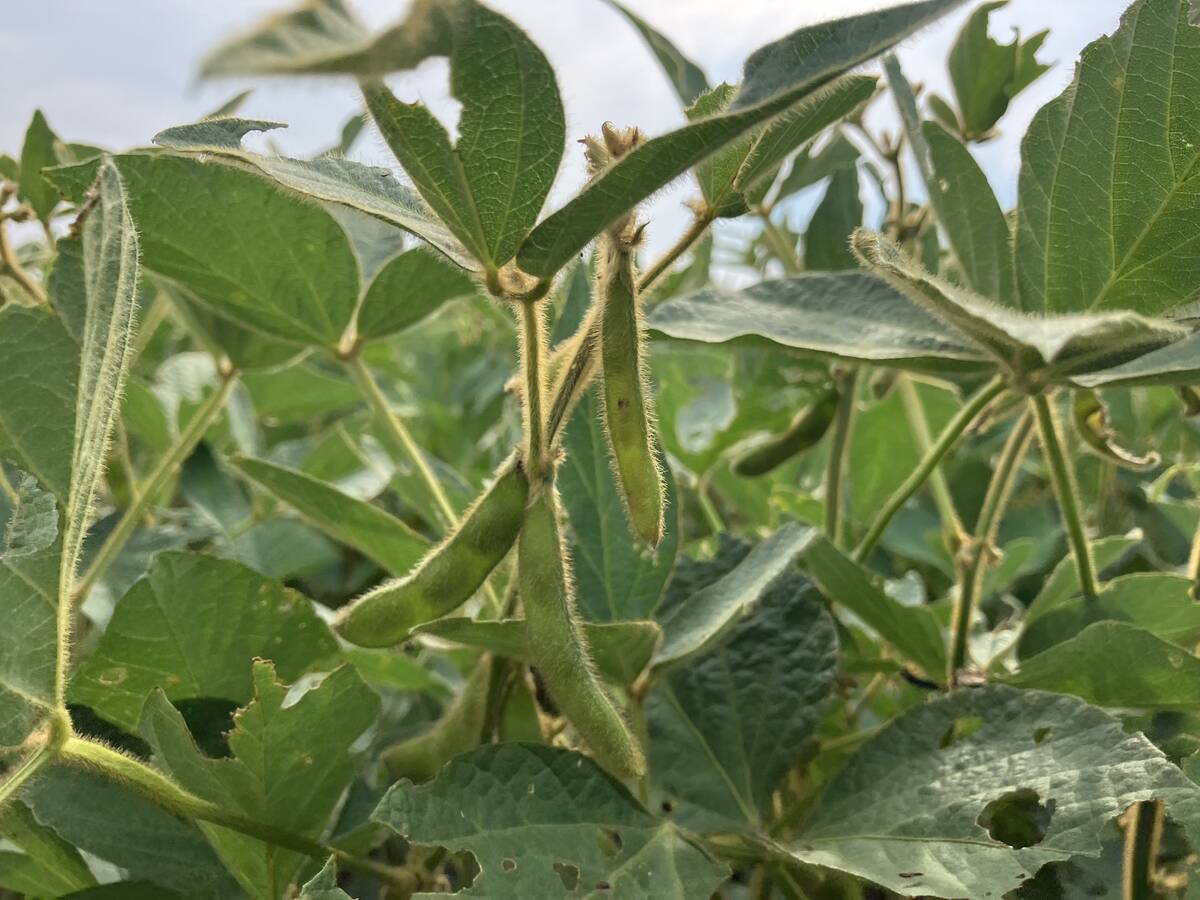Most people believe it’s desirable for farmers to own the land they farm.
Most people also recognize that governments are running huge deficits, and there’s never enough money for education and health care.
What if a way existed to address both of these issues at the same time?
Read Also

U.S. soy farmers hold bad hand in rigged game
More tariffs, an unlimited peso bailout, a government shutdown, no plan for federal assistance — and farmers are holding a bad hand in a rigged game where the rules change every day.
I can’t claim credit for the essence of this idea. It was generated from an email exchange on farmland ownership, and it represents a change of opinion for me.
I was a big supporter of the drive to reduce the education tax on farmland in the 1990s.
Back then, it was tough slugging for years on end to make any money farming. It never seemed right to me for farmers to be funding such a large portion of education costs. I argued at the time that education funding should come from general revenues because it was a benefit for everyone.
Back then, only Saskatchewan residents could own farmland. This was long before private investors and investment companies owned a big chunk of the countryside, long before the value of farmland began rapidly escalating.
Wealthy private investors living in Alberta or Toronto and faceless Canadian investment companies now extract cash rent on farmland while also benefiting from land value appreciation. What does Saskatchewan get in return?
Why not have an education and health tax collected as part of farmland property taxes and have it tiered for the different types of farmland owners?
The lowest cost tier would be for active farmers and retired farmers renting out their land. When that land passes to non-farming direct descendents, the tax rate would increase somewhat.
You could even differentiate based on residency. If the descendent resides in Saskatchewan, the rate could be lower than for someone living outside the province.
The highest education and health care land tax would be for landlords, including investment companies, with no family ties to the land.
The increased taxes could be phased in over a period of years to give everyone a chance to adjust. Whereas a farmer might end up paying a similar amount to the current bill, an investment company would end up paying significantly more.
What would stop these private investors from just increasing the cash rental rate to recoup their extra cost? The marketplace would prevent that. Investors are already charging what they think they can get from renters. Cash rents would stay competitive.
Faced with higher costs and therefore reduced returns, private investors would become more inclined to sell the land, and in most cases, that would mean returning it to farmer ownership. In the meantime, the province would receive some much-needed additional revenue.
Would this cause land prices to decline?
With the tax increases phased in over time, any impact on land prices should be minimal. Other factors, such as crop returns and interest rates, would still be the main land price determinants.
From a political point of view, it’s difficult to imagine much sympathy among the farm community or the general population for private investors having to pay a bit more tax. After all, those people don’t live, work or pay income tax here.
Like any grandiose plan, this one would need study and feedback to see if it’s feasible. As well, the devil would be in the details.
Maybe I’m missing some unforeseen ramifications that would render the concept undesirable. I’m happy to receive feedback on the idea. Let me know what you think.
















